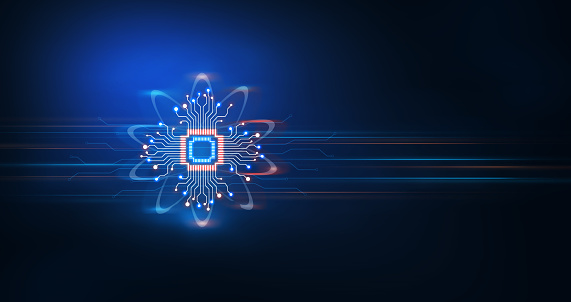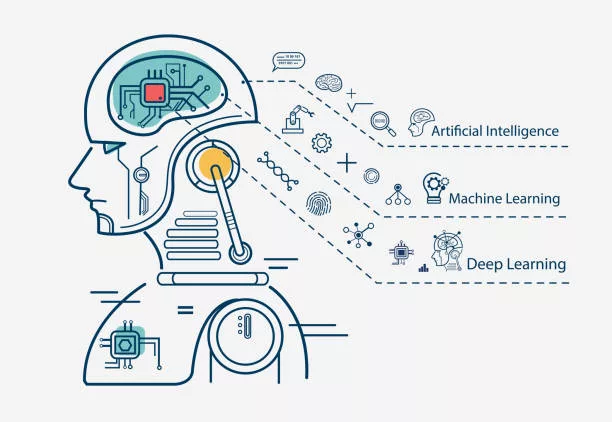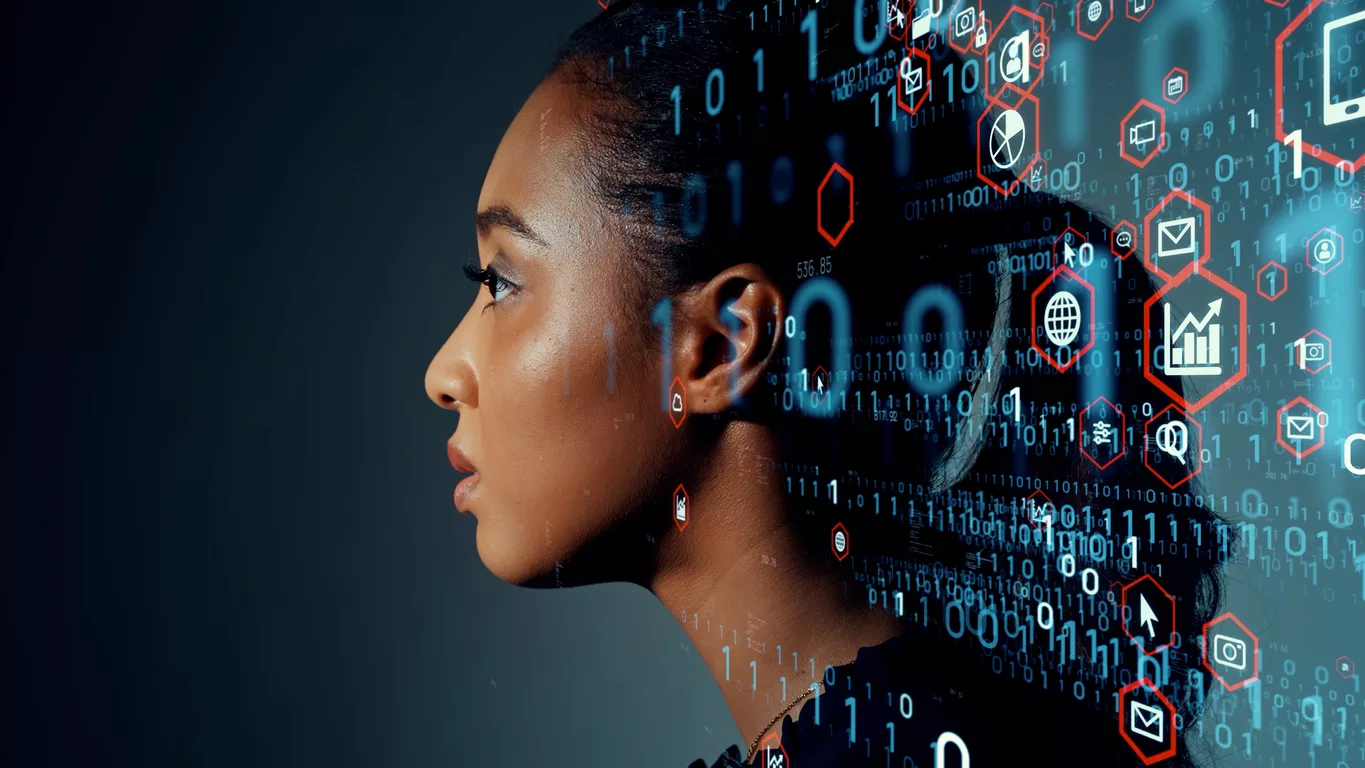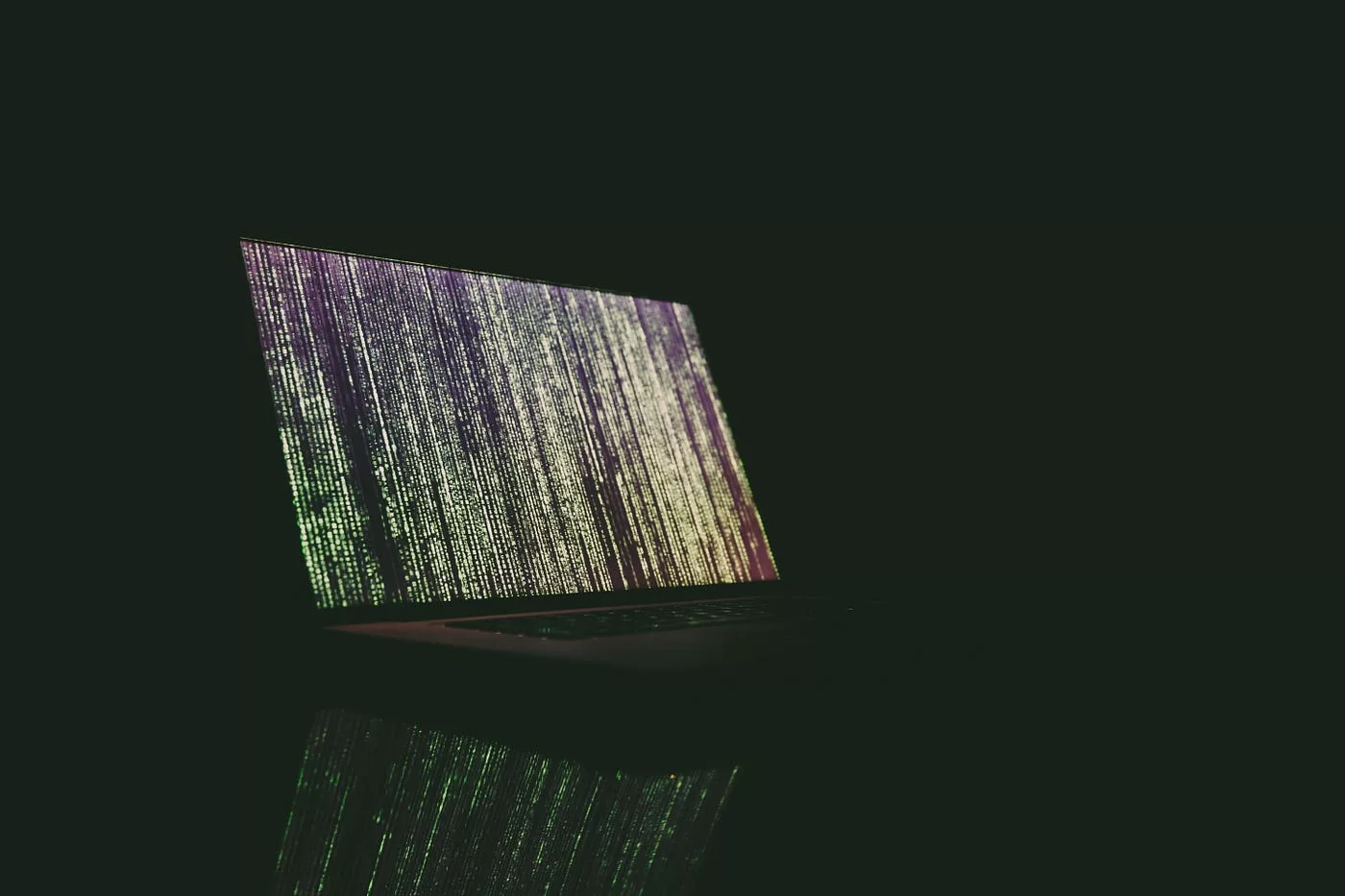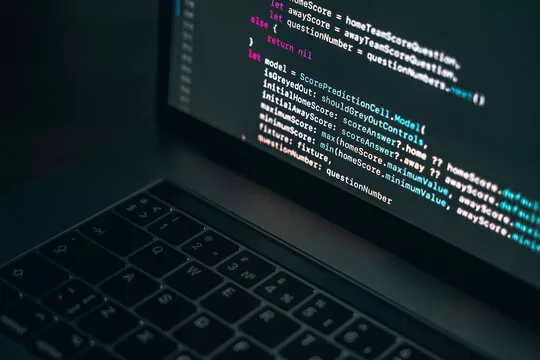For the last few decades, we’ve seen a steady stream of technology that has transformed the way we work. From computers to smartphones, nothing has been left untouched. And with that comes the fear of automation taking away our jobs. Is this really going to happen? And if it does, what will be the consequences? In this article, we explore these questions and more. We look at the pros and cons of robotics and artificial intelligence, and see if they really are going to lead to mass unemployment. And in the end, we provide some tips on how you can prepare for a future without traditional jobs.
What is Robotics and Artificial Intelligence?
Robotics and artificial intelligence are advancing rapidly and they may lead to joblessness in the future. Robotics are machines that can be controlled by a computer, and artificial intelligence is a type of technology that enables computers to understand human language and carry out tasks automatically.
Currently, most jobs that are susceptible to automation are in the manufacturing sector. Automation of these jobs could result in mass unemployment because there will be fewer jobs for people who work in these industries. Additionally, many services that depend on human interaction, such as customer service, could also become automated. This would lead to mass unemployment in these fields too because many customers would not want to interact with robots.
The rise of robotics and artificial intelligence could cause a great deal of unemployment, but it could also lead to new types of jobs that we have never seen before. For example, self-driving cars will require lots of people to operate them, but passengers might eventually be served by robots instead of humans. Consequently, the demand for transportation workers may decrease over time as robot chauffeurs take over this role.
Overall, it is difficult to predict how robotics and artificial intelligence will impact the workforce in the future; however, it is likely that there will be significant changes. Therefore, employers should plan for this possibility and make sure that their workforce is prepared for whatever comes next.
How Robotics and AI Will Affect the Job Market?
Robots are becoming more and more common in factories, and as they become smarter, they will likely take over many jobs currently done by humans. While this may lead to unemployment in some areas, it also has the potential to create new, more skilled jobs. For example, a factory that uses robots to do the heavy lifting could hire someone to oversee the machines and make sure they are working properly. Meanwhile, the people who program the robots could become very skilled in their own right.
However, there is also the possibility that AI will create more unemployment than employment. As AI becomes more advanced, it will be able to do things like design products or write code better than most humans. This means that many jobs currently done by human employees could be replaced by machines.
The Future of Robotics and AI in the Workplace
As robotics and artificial intelligence continue to advance, it is possible that they will lead to mass unemployment. At present, these technologies are only able to do certain tasks very well- for example, assembling cars or playing video games. As these technologies become more advanced, they will be able to do more jobs and work alongside humans instead of replacing them. For now, however, there is a lot of debate over how widespread joblessness would be if robots took over many jobs. Some people argue that the job market would be so saturated with AI-powered workers that wages would drop significantly. Other experts believe that as machines get better at performing certain tasks, humans will be needed to design new ways for them to use their abilities in order to create opportunities for everyone. In any case, it is clear that robots and AI are changing the way we work and this shift has the potential to have a huge impact on the future of employment.
The Potential Effects of Robots and AI on the Economy
Robots and artificial intelligence have the potential to create significant changes in the economy, both in the short and long term. In the shortterm, they could lead to joblessness as robots become increasingly able to perform certain tasks better than humans. In the longterm, however, they could also lead to increased demand for goods and services as humans learn to rely on machines rather than themselves. It is important to consider both the potential benefits and risks of these technologies before making any decisions about their impact on society.
Conclusion
While there is no doubt that robotics and artificial intelligence are having a major impact on the workforce, it’s important to remember that not all jobs will be replaced. In fact, many jobs may become more efficient as robots and AI are introduced into the workplace. So while it might be scary to think about the future of work, know that there is a lot of opportunity out there for those who are willing to learn new skills.

